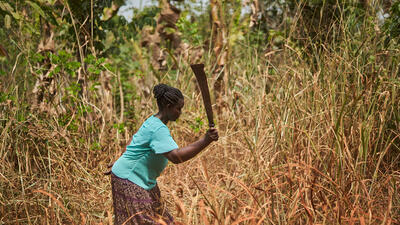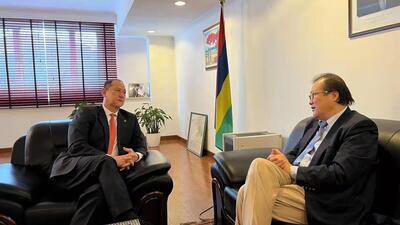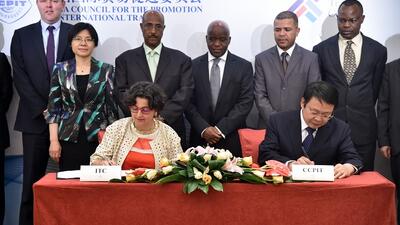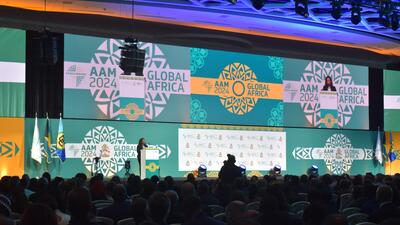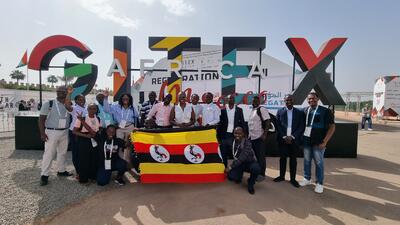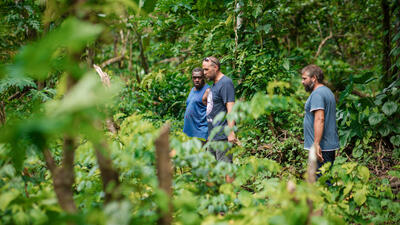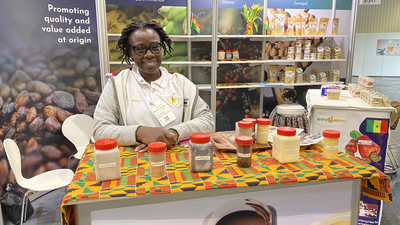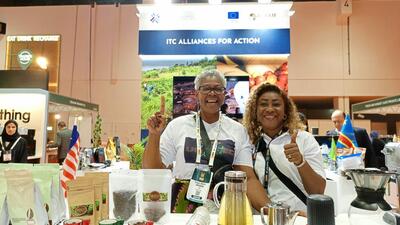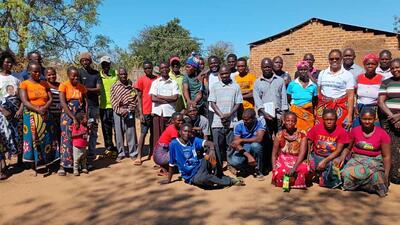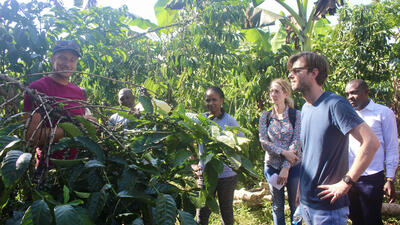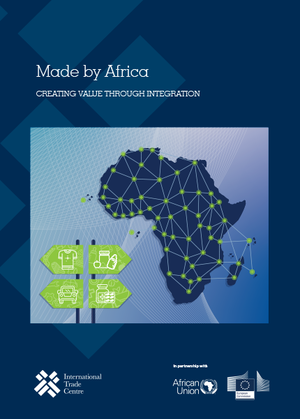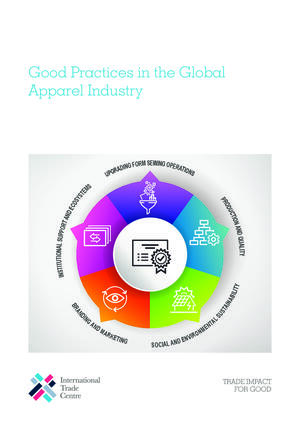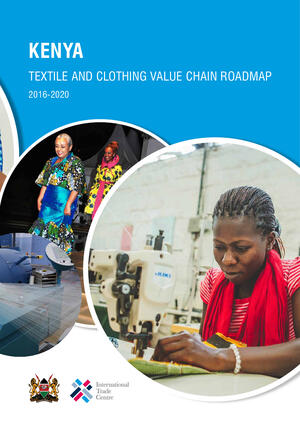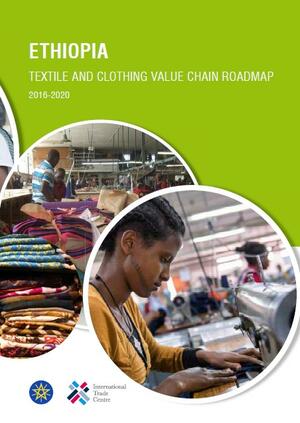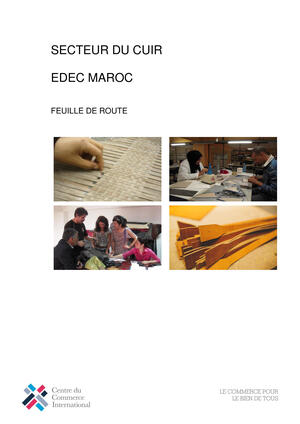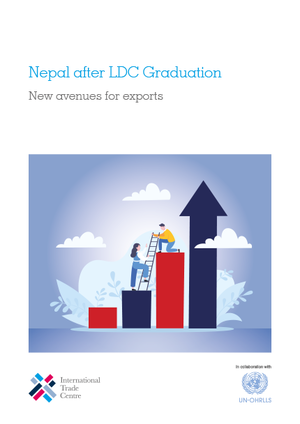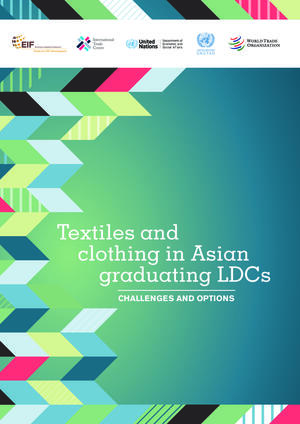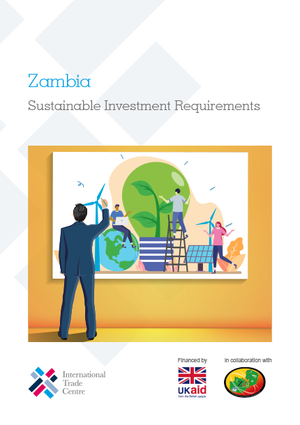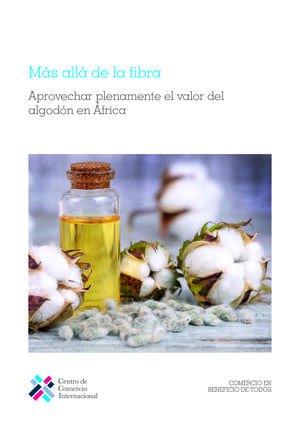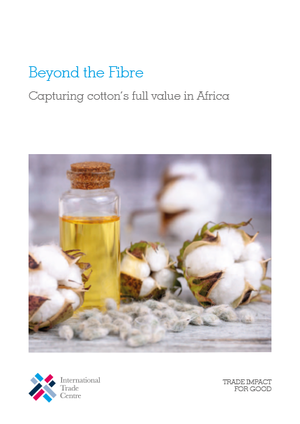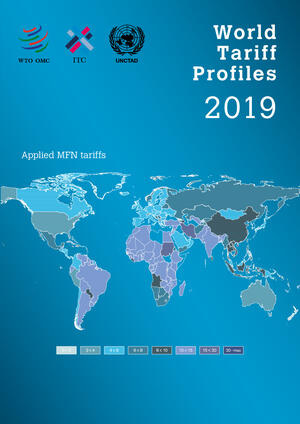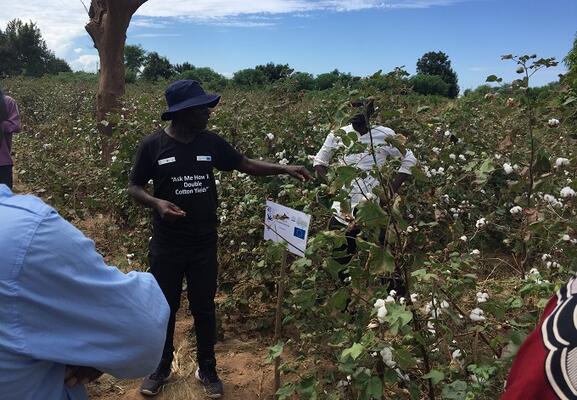
Collaboration to double smallholder yields in Zambia
Highlights from the Memorandum of Understanding between the International Cotton Advisory Committee (ICAC) and the International Trade Centre (ITC):
- The two organizations will collaborate over the next three years in Zambia
- The project is set to double the incomes of at least 50,000 cotton growers
- ICAC will involve two of its most advanced technologies: the interactive, voice-based Soil & Plant Health app and the Virtual Reality Cotton Training Programme
- This effort is part of a larger agreement that the International Trade Centre signed with the European Union for support in Zambia
The International Trade Centre (ITC) and the International Cotton Advisory Committee (ICAC) are working together to double the yields of at least 50,000 smallholder cotton farmers in Zambia by January 2024.
Officially dubbed ‘Strengthening Productive Capabilities and Value Chain Alliances’, the project calls on ICAC to develop tools and training procedures specific to Zambia’s climate and soil characteristics. In addition to creating electronic training manuals for the project, ICAC will deploy:
- The Soil and Plant Health app. This interactive voice-based app, specifically designed for low-literacy users, will speak to the growers in Nyanja or Tonga in their local dialects. Using GPS technology when it’s first turned on, the app downloads local weather data and, when combined with its encyclopaedic knowledge, uses photos, videos and animations to help farmers troubleshoot any issues they are having with pests or diseases as well as guide them through global best practices for raising yields.
- The Virtual Reality Training Programme. Using one of the most advanced 3D cameras in the world, this technology uses a drone to shoot fields from multiple angles and then combines those different perspectives to create a ‘sphere’ of virtual reality around the user. It allows farmers to immerse themselves in the experience of walking through any cotton field in the world, at any time of the season, to learn best practices. For example, the user can walk through a virtual field and see the same insects living on his farm to learn which to kill because they are damaging to the crop, and which to spare because they maintain the ecosystem.
The project in Zambia is part of a larger agreement the International Trade Centre signed with the European Union to implement the enterprise-level component of the project, ‘Support to Business-Friendly and Inclusive National and Regional Policies, and Strengthening Productive Capabilities and Value Chains’, in African, Caribbean and Pacific (ACP) countries.
The project has three major components:
- ITC will partner with ICAC to double yields within three years.
- Seed cotton grading and pricing in close collaboration with the Cotton Board of Zambia.
- Artisanal fibre value addition to employ women and youth.
The project employs the International Trade Centre’s Alliances for Action approach, a participatory partnership model for sustainable agribusiness from farm to final product. It focuses on empowering the producers and increasing productivity and competitivity.
“ICAC’s pragmatic approach to increase yields complements our own workstreams on cotton grading and marketing as well as fibre value addition perfectly,” says Matthias Knappe, Programme Manager of Fibres, Textiles and Clothing at ITC.
“We are proud that this all-inclusive approach brings on board all national cotton stakeholders, from farmers and ginners to the government and research institutions,” comments Knappe.
ITC works together with major stakeholders such as the Cotton Board of Zambia, the Cotton Development Trust, the Cotton Association of Zambia, the Zambia Cotton Ginners Association and the Handloom Textiles and Technologies Association of Zambia, among others. At the government level, the primary counterpart is the Ministry of Commerce, Industry and Trade and the Ministry of Agriculture.
Knappe explains that this diverse group of stakeholders will enrich the project’s experiences as each institution will contribute according to its expertise.
“ICAC and ITC will allow beneficiaries to learn in their local languages and use their own electronic devices. As a trustful partner, we are confident in the excellent results Zambian farmers and the overall sector will achieve,” concludes Knappe.
“I am really pleased that through this cooperation with ITC we are able to empower farmers in Zambia, a country with some of the lowest yields in the world,” says Kai Hughes, Executive Director of ICAC.
“Not only will we be able to improve seed quality, but through our global ‘4 Simple Steps’ programme, we will be able to help growers double their yields within three to five years. This is supported by two innovative technologies that will, for the first time, provide farmers with low or no literacy access to knowledge through the ICAC Soil and Plant Health App,” says Hughes.
About the International Cotton Advisory Committee (ICAC)
Formed in 1939, the ICAC is an association of cotton producing, consuming and trading countries. It acts as a catalyst for change by helping member countries maintain a healthy world cotton economy; provides transparency to the world cotton market by serving as a clearinghouse for technical information on cotton production; and serves as a forum for discussing cotton issues of international significance. The ICAC does not have a role in setting market prices or in intervening in market mechanisms. For more information, please visit us on our website, Twitter and LinkedIn.
About the International Trade Centre (ITC) and Alliances for Action
The International Trade Centre is the joint agency of the World Trade Organization and the United Nations. ITC assists small and medium-sized enterprises in developing and transition economies to become more competitive in global markets, thereby contributing to sustainable economic development within the frameworks of the Aid-for-Trade agenda and the United Nations’ Sustainable Development Goals.
ITC’s Alliances for Action is a participatory partnership model that engages smallholder farmers and small firms to manage risk and facilitate networks that provide enabling technical expertise and capacity building. It targets cyclical investment to address economic challenges and aims to de-risk investment through increased competitiveness and value addition at origin.
For more information, visit www.intracen.org
Follow ITC on Twitter| Facebook| LinkedIn| Instagram | Flickr
Follow ITC-Alliances for Action on Instagram




